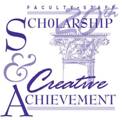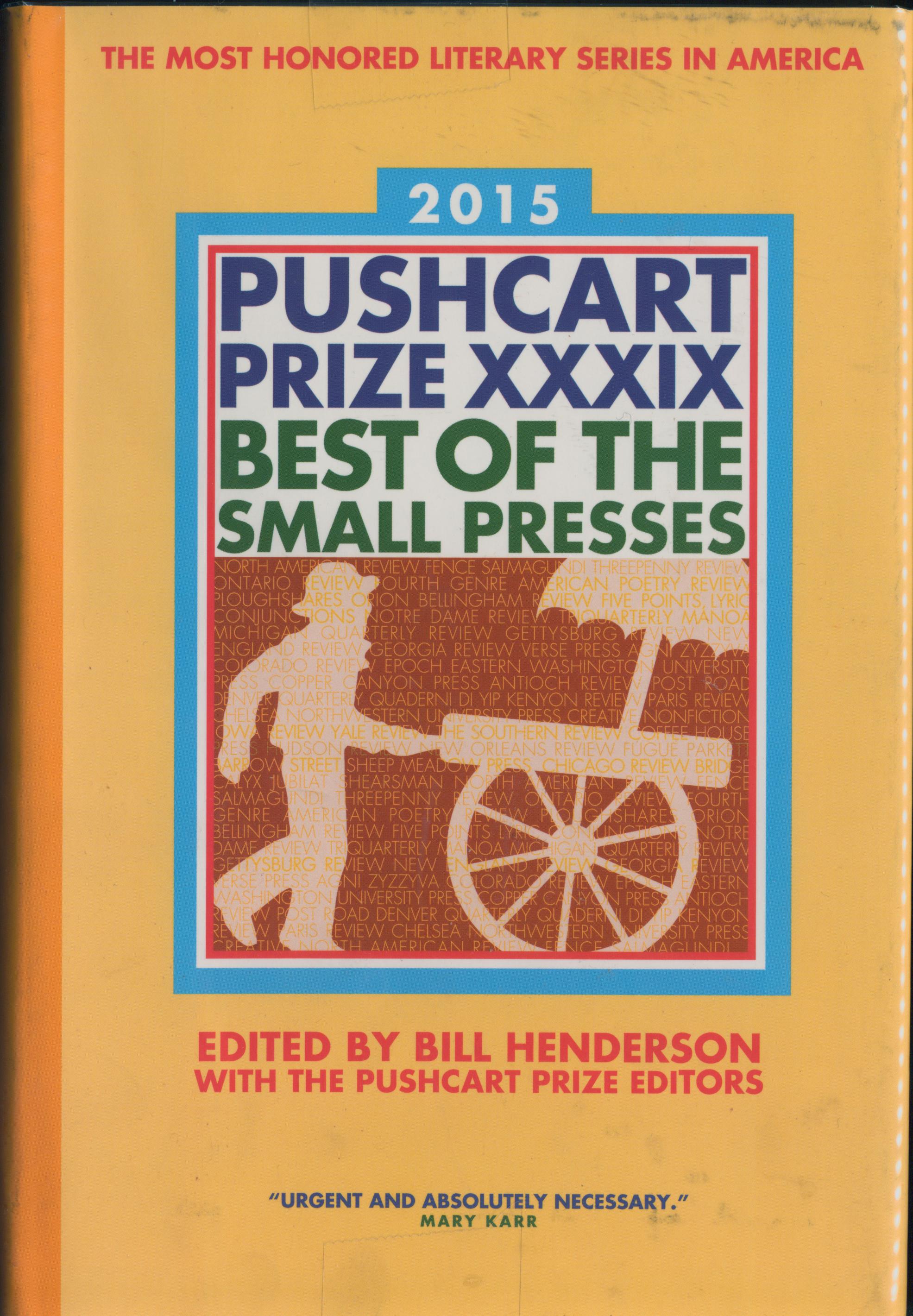 The 27th annual exhibition of scholarly & creative works by UWW faculty & staff will celebrate accomplishments of the past year across a range of disciplines.
The 27th annual exhibition of scholarly & creative works by UWW faculty & staff will celebrate accomplishments of the past year across a range of disciplines.
A sampling of the articles, artwork, books, music performances and conference presentations produced by many of UWW’s staff and faculty during the period July 2013-June 2014 will be displayed in the Crossman Gallery (Greenhill Center of the Arts) on Tues., Nov. 25, from 10am-5pm and 6pm-8pm. A reception will be held on Tues. from 3pm-4:30pm, with welcoming remarks by Chancellor Richard Telfer. Refreshments will be available during the reception and the Chancellor’s String Quartet will perform.
A bibliography listing the accomplishments being recognized is available online.
This event is co-sponsored by the Chancellor, Andersen Library, Crossman Gallery, and the Office of Research & Sponsored Programs.


 Plan ahead! Hours of the Andersen Library and Food for Thought Café are affected by the Thanksgiving holiday.
Plan ahead! Hours of the Andersen Library and Food for Thought Café are affected by the Thanksgiving holiday.

 Good luck!
Good luck!
